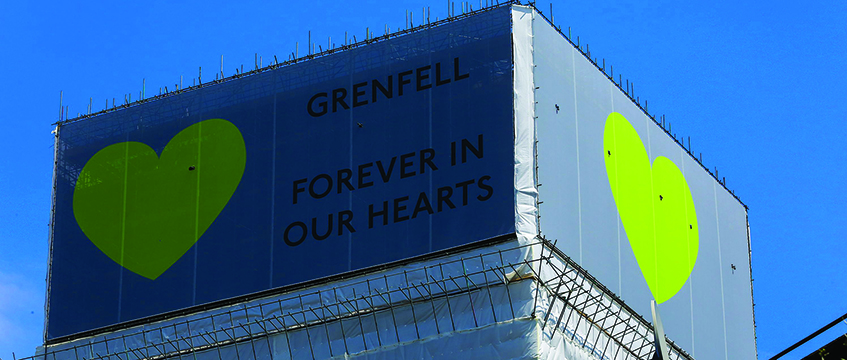Ipswich tower block ‘more flammable than Grenfell’, court told
The current owner of a 16-storey tower block in the middle of Ipswich claims that its cladding is even more flammable than that used on Grenfell Tower.
The allegation has emerged in preliminary judgment in a dispute between the current owner of St Francis Tower, Ipswich, RG Securities (No. 2) Ltd, its former owner, R Maskell Ltd, and insurers.
According to the ruling, RG is seeking around £3.5m, claiming that refurbishment works by Maskell between 2006 and 2009 left it highly flammable and unfit for habitation. RG bought the freehold of the tower from a unit owned by Maskell in 2015.
The current owner of a 16-storey tower block in the middle of Ipswich claims that its cladding is even more flammable than that used on Grenfell Tower.
The allegation has emerged in preliminary judgment in a dispute between the current owner of St Francis Tower, Ipswich, RG Securities (No. 2) Ltd, its former owner, R Maskell Ltd, and insurers.
According to the ruling, RG is seeking around £3.5m, claiming that refurbishment works by Maskell between 2006 and 2009 left it highly flammable and unfit for habitation. RG bought the freehold of the tower from a unit owned by Maskell in 2015.
Maskell disputes the claim and earlier this month asked a judge for summary judgment dismissing the claim. The judge, Mr Justice Fraser, refused. In his ruling he outlined the details of the claim.
According to the ruling, the tower is the tallest residential block in Suffolk. It has 16 storeys, 116 flats and a café at ground-floor level.
It is a 1960s building with a concrete frame and stands in the middle of Ipswich, 300m from the fire station.
“The property was substantially refurbished between about 2006 and 2009,” the judgment says.
“The refurbishment works were carried out by Maskell. During these refurbishment works, the property was over-clad with a Trespa cladding system, largely using polyisocyanurate insulation underneath. Small sections utilised plain aluminium panel sections and there are also some small amounts of aluminium composite material cladding at high level. The windows were all replaced with uPVC double-glazed units.”
The judge added: “Essentially, and this is the claimant’s case so this broad summary should not be taken as the court making any findings in this respect, the Trespa cladding system is said to be highly inflammable. There are said to have been defects identified at the property relating to the cladding panels used on the exterior of the property, to the internal fire compartmentation integrity, and also to the windows and safety measures which should have been provided at the property to prevent the occupants of the property from falling out of it.
“The defects are said to be such that there was an imminent risk to the health and safety of the occupants of the property, particularly in the event of a fire. The claimant also avers that the completed refurbishment works do not comply with Building Regulations, and do not have a building regulations completion certificate.
“It is pleaded that the cladding system used at the property is more flammable even than that used on Grenfell Tower, and that no reasonably competent developer would have used such cladding on a building such as the property. The claim is for the cost of remedial works necessary to ensure that the property is fit for habitation, which are estimated to cost £3,589,373.70, although the bulk of those costs appears to relate, at this stage in the action, to the cladding system.”
According to the judge, Maskell claims that RG should be barred from making the claim against it.
“The main thrust of the defence insofar as it relates to this application is that the claim against Maskell is statute-barred by virtue of the Limitation Act 1980,” the judge wrote.
“It is pleaded that any claim based on breaches of contract, or damage, that occurred prior to 16 December 2013 is time-barred, that date being calculated as six years prior to the issue of the claim form itself. It is also pleaded that any claim based on breach of duty under the Defective Premises Act 1972 is also time-barred.”
The judge ruled that “at this stage” it would be wrong to dismiss the case.
At this point, he said, “the court has only an incomplete picture” and more information will be available if the case goes to a full trial.
RG Securities (No. 2) Ltd v (1) Allianz Global Corporate and Specialty CE, (2) Building Lifeplans Ltd, (3) R Maskell Ltd
Business and Property Courts (Fraser J), 24 June 2020
Alan Tunkel (instructed by Foskett Marr Gadsby & Head LLP) appeared for the third defendant. Catherine Piercy (instructed by Stewarts Law) appeared for the claimant.
Photo: Dinendra Haria/Rex/Shutterstock











